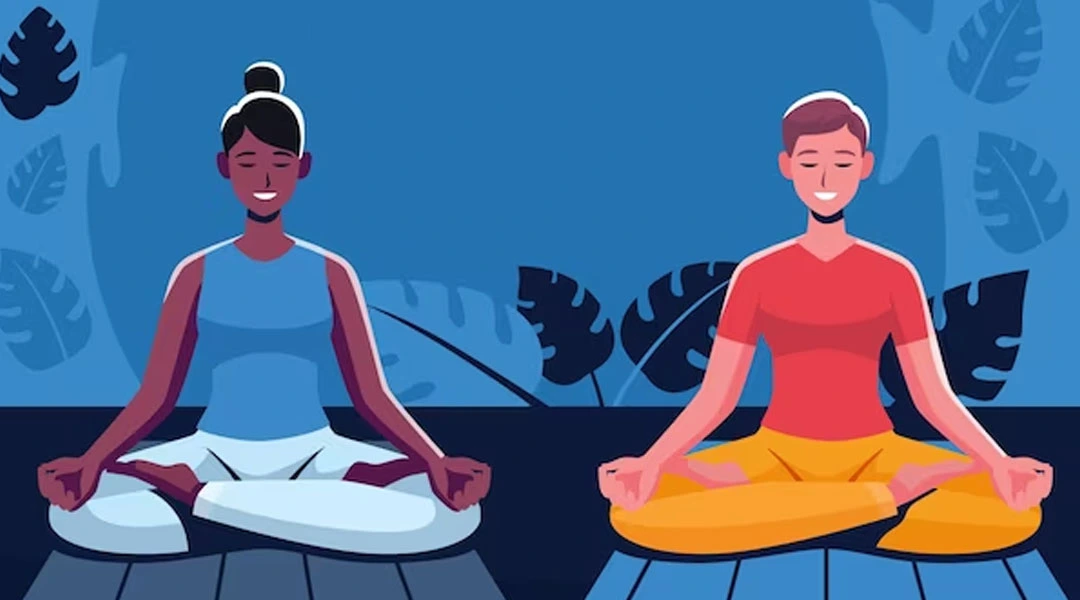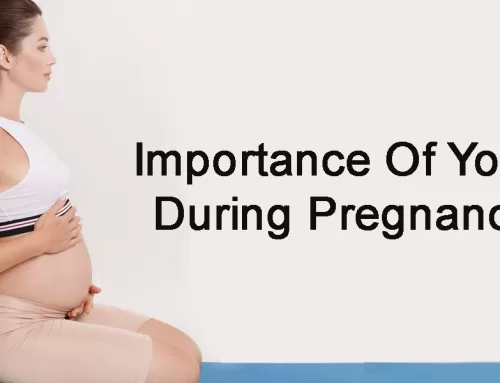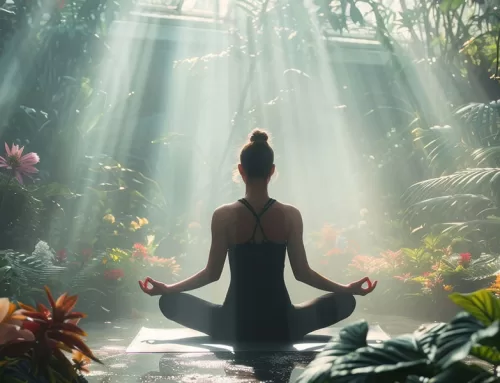Meditation offers profound benefits for anxiety. Regular practice cultivates mindfulness, fostering a non-judgmental awareness of thoughts and feelings. It reduces physiological stress responses, like lowered cortisol levels, inducing a state of calm. Deep breathing techniques within meditation stabilize the autonomic nervous system, mitigating anxiety symptoms. The practice enhances emotional regulation, promoting a positive mindset and reducing the impact of stressors. Neurological changes occur, affecting brain regions associated with emotion and self-awareness. Improved sleep, heightened focus, and a strengthened ability to manage stressful situations further contribute to anxiety alleviation.
Yash Birla says that meditation serves as a powerful, holistic tool in cultivating mental well-being. Several meditation techniques can help alleviate anxiety by promoting relaxation and mindfulness. Here are some effective and best meditation for anxiety management:
Mindfulness Meditation:
Focus on your breath or a specific focal point, observing thoughts without judgment. Bring your attention back to the present moment when the mind wanders.
Deep Breathing (Pranayama):
Practice diaphragmatic breathing, inhaling deeply through your nose, holding briefly, and exhaling slowly through your mouth. This technique calms the nervous system.
Loving-Kindness Meditation (Metta):
Cultivate feelings of compassion and love, starting with yourself and extending them to others. This practice can foster a positive and calming mindset.
Body Scan Meditation:
Systematically focus your attention on different parts of your body, releasing tension and promoting a sense of relaxation.
Guided Imagery Meditation:
Imagine a peaceful and calming place or scenario. Engage your senses in this visualization to create a mental escape from anxiety-inducing thoughts.
Transcendental Meditation (TM):
Involves silently repeating a mantra for 15–20 minutes, promoting a relaxed state of awareness. TM has been associated with reduced anxiety and stress.
Walking Meditation:
Combine mindfulness with walking by paying attention to each step and your surroundings. This active form of meditation can be particularly helpful for those who find stillness challenging.
Body-Mind Meditation (MBSR):
Mindfulness-Based Stress Reduction (MBSR) combines mindfulness meditation and yoga. It’s a structured program designed to reduce stress and promote well-being.
Breath Counting:
Focus on your breath, counting each inhalation and exhalation. This simple practice enhances concentration and can help quiet the mind.
Mantra Meditation:
Repeat a calming word or phrase silently or aloud. The repetition of a mantra can help redirect the mind from anxious thoughts.
When practising the best meditation for anxiety, consistency is key, says Yash Birla. Start with short sessions and gradually extend the duration. It’s essential to find a technique that resonates with you. If anxiety persists, consider seeking guidance from a meditation teacher or mental health professional. Integrating meditation into a comprehensive approach to managing anxiety, including lifestyle changes and professional support, can be particularly effective.







Leave A Comment